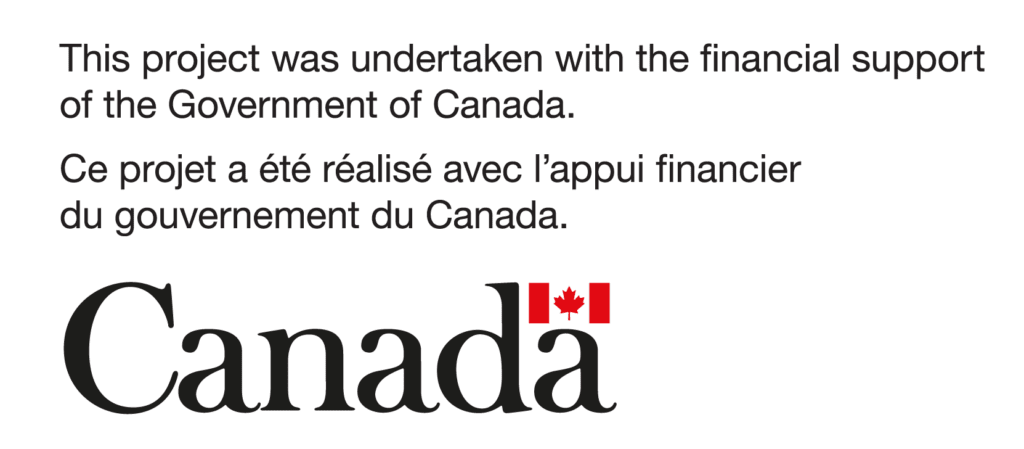From Victoria to Port McNeill, communities on the East Coast of Vancouver Island are becoming more exposed to risk and habitat loss as climate change causes sea level rise and increases the frequency and intensity of heavy precipitation and storms.
Along shorelines, man-made structures such as seawalls that are put up to protect shoreline properties and infrastructure actually exacerbate erosion because they deflect energy from pounding waves to other areas. They also take away key habitat like spawning beaches for forage fish, crucial for the marine food web including Pacific salmon.
In contrast, nature-based approaches using natural substrates and plants beautify shorelines, increase resilience to climate impacts and can be cheaper to build and maintain. They also create habitat for fish and wildlife, filter out pollutants from stormwater before they reach the aquatic environment, and help to store carbon that would otherwise contribute to global warming.
The Resilient Coasts for Salmon Program, a partnership between the Pacific Salmon Foundation and the Stewardship Centre for BC funded from the BC Climate Action and Awareness Fund (Environment and Climate Change Canada), will provide education and training to the public and shoreline professionals, which we hope will result in greater adoption of nature-based solutions on Vancouver Island’s East Coast.
Learn more about the different aspects of project and become involved:
Get involved! Keep up on the latest Resilient Coasts for Salmon news, join us at events, and subscribe for regular updates. Learn even more - greater details about the project's background.
We are grateful for the support of Environment Canada, whose funding through the Climate Action and Awareness Fund has made this project possible.
